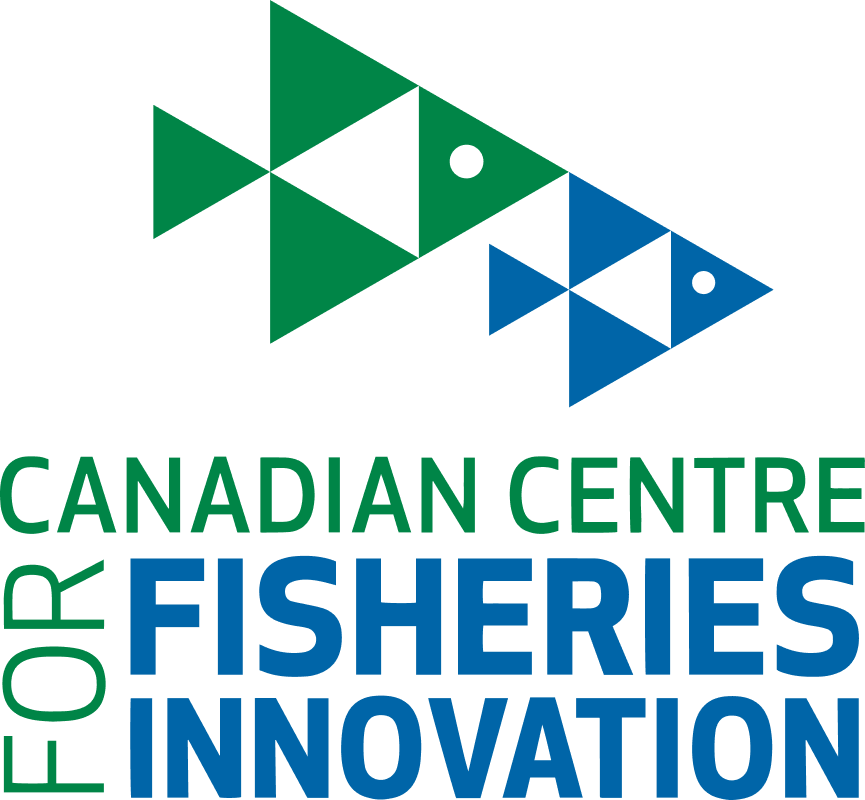CCFI Collaboration for Sustainable & Safe Harvesting Gear
The Canadian Centre for Fisheries Innovation (CCFI) had a busy 2022 advancing more than 20 research projects to promote beneficial innovations in the harvesting, processing, and aquaculture sectors. Among those were some exciting projects related to improving the sustainability, safety, and success of harvesting efforts on the water.
Rope On Command Sea Trials
As part of protecting the endangered North Atlantic Right Whale and other marine mammals from potential entanglement with fishing gear, the Department of Fisheries and Oceans has been engaging fishing industry stakeholders on the development and implementation “whale safe gear.” Traditional harvesting gear involves placing fishing gear at or close to the bottom of the ocean to harvest various species, often with rope extending to floatation devices on the surface so that gear can later be found and retrieved. It is these ropes that have been identified as posing significant entanglement threats, and priority has been placed on finding an alternative approach to harvesting. With that goal in mind, DFO enlisted the help of the Canadian Centre for Fisheries Innovation (CCFI) in 2022, capitalizing on the institute’s 30-year history of partnering with diverse industry stakeholders to advance innovations that strengthen Canada’s seafood industry. Over the course of 2022, CCFI has coordinated meaningful collaboration between innovators, researchers, harvesters, and regulatory officials with a view to augmenting current fishing equipment in ways that address concerns related to entanglement, while keeping harvesting gear user friendly and dependable for harvesters and the industry. Specifically, CCFI has- worked with Atlantic Canadian companies “Ashored Innovations” and “E-Sonar” to conduct sea trials of their “Rope on Command” device to test the equipment in the harsh and diverse marine environments found near Newfoundland and Labrador to make it more robust and adaptable to varying environmental conditions;
- arranged to have local harvesters engage in the sea trials personally so that all project participants could avail of their expertise and assessment of the pros and cons of the new equipment; and
- arranged information sessions with harvesters regarding the “Rope on Command” gear being trialled, with future sessions to be conducted that will demonstrate other types of rope-less gear to harvesters.
Evaluation of C Robotics “C Disc technology” for sea urchin harvesting
Urchin harvesting in NL is typically a late fall-winter fishery, as that is when roe yields are highest before spawn-out in April-June. That timeframe presents challenges for harvesting, mostly due to the poor weather and water conditions that divers must endure. Coupled with challenging conditions, minimizing bottom time for divers is an important safety consideration. The development of harvesting gear that could speed harvesting activity would not only achieve greater efficiency in the fishing effort, but also significantly improve health and safety considerations. Miawpukek Horizon Maritime Services (a diversified Indigenous marine services company) partnered with CCFI and Fisheries and Marine Institute researchers to test the effectiveness of a C-Disc harvesting tool developed by C Robotics in Norway that had potential to respond to industry needs. The unit is designed to increase the catch per unit effort while decreasing the time needed for a diver to be in the water. Testing the unit included:- design evaluation at the Centre for Sustainable Aquatic Resources’ flume tank located at the Marine Institute;
- a comparison of traditional scuba diver and C Disc assisted harvesting efficiency and effort; and
- an assessment of the quality and size selectivity of harvests

